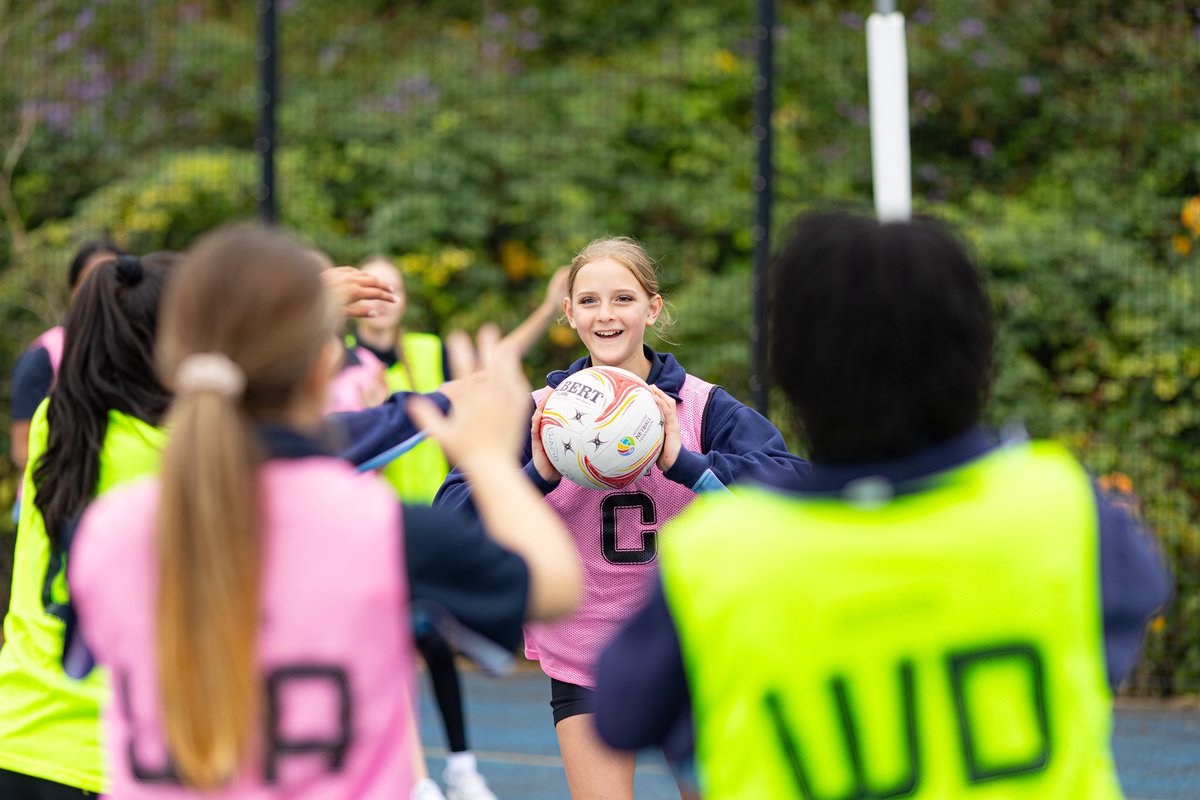Psychology
Part 1: Opening ambition and philosophy
Psychology is the scientific study of the human mind and behaviour. Our curriculum enables students to understand human behaviour and be aware of the differences appearing in the rapidly developing world around us. Students will also develop an understand of the key debates in psychology, surrounding the reasons why humans behave the way that they do.
Students will develop an awareness of mental health issues in society and will show empathy when approaching these issues. They will understand the causes of issues in society and be thoughtful of others experiencing abnormalities in their lives.
Students will have an understanding of cognitive development. This will include understanding both normal and abnormal development. Due to being aware of individual differences, students will understand that development can vary in society, but this is normal.
Students will also become scientists. They will have a rich understanding of research methods and the skills that they need to carry out scientific studies. They will use this to critically evaluate research completed by psychologists, as well as key theories.
Psychology students will have an enthusiasm for studying humans; they will be curious to explore human behaviour themselves. They will also become aware of who they are as individuals, as well as understanding other’s behaviours, values and differences; they will be more empathetic and understanding.
Part 2: Year by year synopsis
In Year 10, students will build upon skills that they have learnt in other subject areas. They will build upon mathematical and scientific skills, as well as description and evaluation. The study of psychology will begin with learning about research methods. Students will use mathematical, scientific and research skills to understand how to carry out psychological studies. They will learn how to plan, carry out and evaluate pieces of research. They will then move to studying human behaviour. To start, they will learn about human development. This will include differing theories and studies regarding how humans develop. Moving from learning about normal development, students then study abnormal development and behaviour. Topics include depression, schizophrenia and criminal behaviour; all are examples of atypical behaviours that studies will know how to explain and treat. At the end of Year 10, students would have mastered some key psychological theories about how humans behave, as well as how to study this behaviour.
Beginning Year 11, students start to develop their synoptic skills in psychology. They learn the main debates in the subject area and can write essays bringing together their Year 10 knowledge, enabling them to debate key psychological statements. In terms of the topics learnt, students will begin by studying social influence. The focus here is on society; how can society affect human behaviour? Human memory is then studied, followed by sleep and dreaming. In these final topics, students develop their biological and cognitive knowledge. They understand processes in the brain and the influence of biology on everyday behaviours. Their synoptic skills will continue to develop throughout the year. They learn how to write essays based on research methods skills, which brings together examples throughout the course. At the end of KS4, students will have an in depth understanding of human development, atypical behaviours, memory and sleep. Students will be able to describe, evaluate and apply their knowledge. They will be able to use their knowledge of psychology to debate viewpoints and come to their own conclusions.
Year 12 also begins with the topic of research methods, to ensure students know the fundamental knowledge of psychological research; this underpins all theories at A Level. Students will know how to plan, carry out, evaluate and analyse research. They will also build on their mathematical skills and be able to interpret statistical testing. Following this, Year 12 students will learn some of the core topics in the A Level. As well as this, they will learn description, evaluation and application skills. They will be able to describe key theories and studies. They will also be able to evaluate, by drawing upon other pieces of research learnt in the course. Students will finish Year 12 with an understanding of the key approaches that psychologists take. They will be able to apply all of their examples from the course to these approaches at the end of their first year of study and use the examples to evaluate each approach.
Year 13 continues to develop the skills learnt in Year 12, in a greater depth. Students begin the year by learning about the human brain. This incorporates previous knowledge of biology, learnt at GCSE and Year 12. Other topics taught in Year 13 focus on abnormal behaviour. This enables students to apply their psychological knowledge learnt in Year 12, to atypical behaviours seen in humans. This includes schizophrenia, offending and relationships. To end the study of psychology at A Level, students can bring together all that they know to debate key issues and debates.
Documents
| Psychology LTP | Download |























